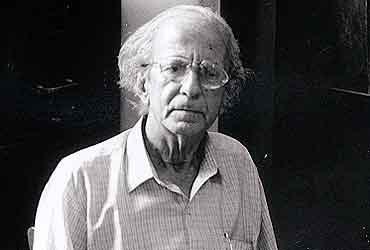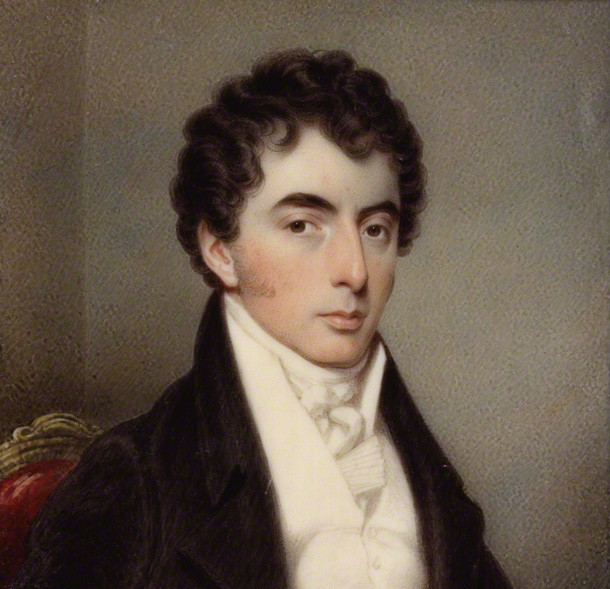This poem summary focuses on the poem ‘Philomela’ by Matthew Arnold. The title of this poem makes it clear that it is based on the Greek myth of Philomela, the princess of Athens, turning into a nightingale. Philomela has classically been associated with unlawful passion, betrayal, and revenge. Hence the nightingale, which has often been depicted in English poetry (for example, by Coleridge, Keats, and Wordsworth), is generally thought to sing in a melancholy tone. Arnold here sees the pain of the nightingale as being unending and unchangeable. Go through Philomela summary by Matthew Arnold.
Philomela by Matthew Arnold Summary
‘Philomela’ is made up of four stanzas. Each of these stanzas is again made up of a varying number of lines. In all the stanzas, we find an unnamed narrator speaking. This narrator can be equated with Arnold himself.
The first stanza consists of four lines. In this stanza, Arnold hails the vision of the tawny-coloured nightingale as it flies across the field of his vision. He urges his readers to look out for the nightingale as well. As the nightingale bursts from the cedar trees of a forest at night time, its sudden and dramatic movement seems to convey a sense of triumph. However, it is only pain that the nightingale brings to mind.
The second stanza also consists of four lines. In this stanza, Arnold assumes the tradition of Old English poetry and sees the nightingale as a wanderer – one who has travelled across the sea from the far-off shores of Greece. However, it is not only in terms of geographical location that Greece is portrayed as a distant land. Rather it is time as well that separates this ancient land, associated with history and myths, from contemporary England in the Victorian era where Arnold writes this poem.
However, neither the years, nor the miles that has brought the nightingale to English shores has succeeded in lessening the pain that it has experienced. The nightingale’s anger at betrayal, and its “wild” desire for revenge has remained unquenched, like a thirst that no amount of water can cure. These feelings are so deep in its very being that they will not be easily eradicated.
The third stanza consists of seven lines. In this stanza, Arnold directly addresses the nightingale and asks whether its pain will ever heal. Arnold then conjures up a soothing picture of the pleasant environment that the nightingale has encountered in England. In that context, he describes how at night, the temperature of the entire surroundings of the forest into which the nightingale has flown are now cool, and the trees there are letting out a refreshing fragrance. Arnold implicitly hopes that this will freshen the nightingale’s mind and purge it of all negative emotions.
However, this does not happen. Arnold also describes the tranquillity with which the river Thames is flowing by, with the light of the moon shining down on its waters and creating a shimmering effect, and how dew has formed on the grass growing on the banks of the river. Arnold again hopes that these sights will have a calming and healing effect on the nightingale, acting almost like an analgesic to get rid of its pain. However, nothing of the sort happens, and the nightingale’s heart and mind continue to be beseeched by violent emotions.
The fourth and final stanza is also the longest. It consists of seventeen lines. Here Arnold continues his conversation with the nightingale. He asks whether the English grass is reminding the nightingale of its previous life as Philomela in the palace of Thrace. Arnold here seems to imply that unpleasant memories have a way of stealing into our minds at the least expected moments.
Then Arnold asks the nightingale whether she is still haunted by the memory of how she had shed tears and her cheeks had grown alarmingly red with anger at the sight of her sister with her tongue cut out, and the web that her sister had spun in this state to convey to Philomela the truth about her life. Arnold goes on to ask whether she remembers how she had tried to flee after exacting her revenge but had suddenly felt feathers growing on her skin as she was being transformed into the nightingale.
In that moment, imagines Arnold, Philomela had experienced a combination of love and hate – love for her sister whom she had believed she had lost forever, and hatred for the man who had made them both suffer – as well as of triumph and agony – triumph at having got the perfect revenge, and agony at being denied human existence forevermore. Finally, Arnold calls Philomela by the name Eugenia (meaning well-born, which is appropriate since she was a princess), and asks he to listen to the rustling of the leaves for the memories of eternal passion and eternal pain that he believes they will stir in her. Read: Philomela by Matthew Arnold Analysis
Keywords: Philomela by Matthew Arnold Summary, Philomela by Matthew Arnold meaning, Philomela by Matthew Arnold explanation, line by line summary of Philomela
Some online learning platforms provide certifications, while others are designed to simply grow your skills in your personal and professional life. Including Masterclass and Coursera, here are our recommendations for the best online learning platforms you can sign up for today.
The 7 Best Online Learning Platforms of 2022
- Best Overall: Coursera
- Best for Niche Topics: Udemy
- Best for Creative Fields: Skillshare
- Best for Celebrity Lessons: MasterClass
- Best for STEM: EdX
- Best for Career Building: Udacity
- Best for Data Learning: Pluralsight















